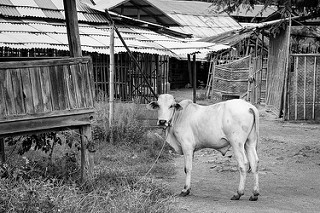Health Quality Ontario‘s Patient, Caregiver and Public Engagement team has recently posted two job positions. The successful candidates for both positions would be contributing to two of Health Quality Ontario’s Knowledge Transfer projects on synthesizing what is known in a topic area, and then crafting knowledge projects to inform action. More information is included below, with links to the two postings. These part-time, contract, work-from-home positions would be ideal for students across the province.
1) Research Assistant – Engaging Underserved Communities Project.
Deadline to apply: August 14, 2017.
Link to posting: http://www.hqontario.ca/Portals/0/documents/about/careers/research-assistant-1707.pdf
Description: The Research Assistant is responsible for contributing to the Patient Engagement Team’s underserved communities knowledge transfer project. Individuals and families from lower income households are the focus for this project, acknowledging that low income is a cross-cutting theme across many underserved communities. The successful candidate will be responsible for collecting, synthesizing and helping form dissemination strategies for the best available evidence on the engagement of individuals and families from lower income households for the purposes of health system improvement. Expected outputs of this project include, an analysis report on the current state of knowledge in this area, a toolkit containing resources and tools to help guide engagement, and a draft article for peer-review publication.
2) Research Associate – Patient Engagement Curriculum Development Project.
Deadline to apply: August 14, 2017.
Link to posting: http://www.hqontario.ca/Portals/0/documents/about/careers/research-associate-07-2017.pdf
Description: The Research Associate is responsible for contributing to the development of an educational strategy on patient engagement for Health Professionals. The practice of patient engagement is becoming more widespread in Ontario and requests for capacity building in this area are on the rise. One such way to build knowledge and capacity for patient engagement is by building patient engagement into the curriculum of health professional training programs (e.g. medical, nursing, allied health and health administration programs). However, little is known about the current state of patient engagement curricula in existing health professional training programs in Ontario. The successful candidate for this role will be responsible for conducting an extensive environmental scan on the current state of health professional education in patient engagement. This role will also involve drafting a strategy to move forward, addressing the gaps in curriculum in this area, potential organizations to partner with, our potential role and a general curriculum outline.
photo credit: liveoncelivewild Outdoor Life Reflect via photopin (license)









